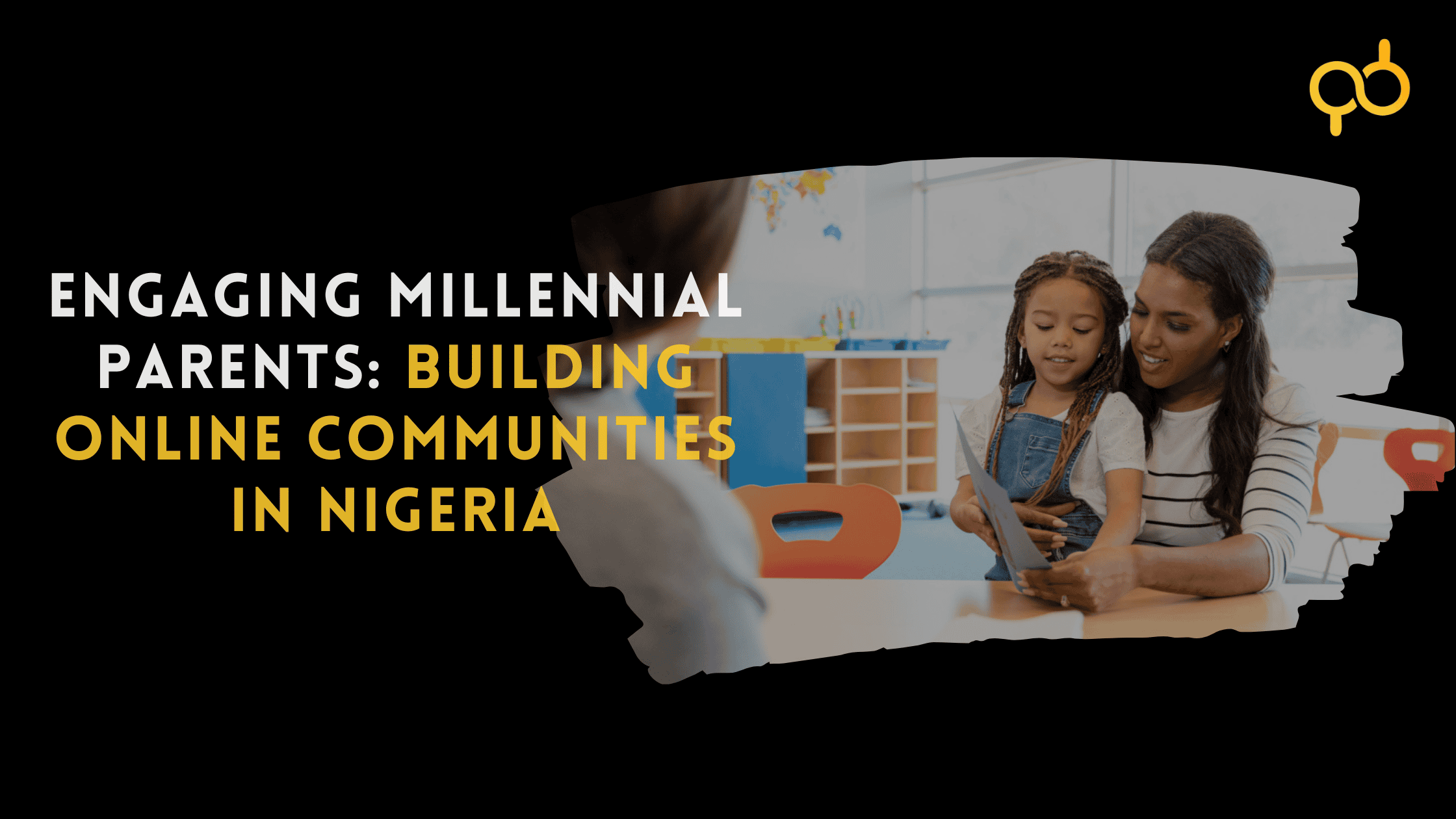The role of parents, particularly millennial parents, has become increasingly significant. This generation, characterized by their digital savviness and desire for active involvement in their children’s education, presents both challenges and opportunities for schools. With a population that is diverse and culturally rich, Nigerian parents are keen to engage with educational institutions that recognize their unique backgrounds and values.
Harnessing Social Media for Engagement
Social media is a vital tool for connecting with millennial parents in Nigeria. Schools can create dedicated Facebook groups or Instagram pages to share updates about school events, celebrate student achievements, and provide educational resources. For instance, schools can post videos of cultural events or traditional celebrations that reflect Nigeria’s diverse heritage, fostering a sense of community among parents. This approach not only informs but also engages parents by highlighting shared cultural values.

Utilizing Digital Communication Tools
Effective communication is crucial for fostering engagement. Schools can utilize mobile apps and messaging platforms like WhatsApp to send updates and reminders. Regular newsletters featuring local cultural content—such as traditional recipes or stories—can help parents feel more connected to the school community. Engaging parents through surveys can also provide valuable feedback, making them feel valued and involved in their children’s education.
Hosting Virtual Events
Virtual events are an excellent way to engage busy millennial parents. Schools can organize online workshops that focus on parenting strategies or educational topics relevant to Nigerian culture, such as the importance of storytelling in education. By accommodating different schedules and offering content that resonates with local customs, schools can enhance participation and foster a sense of belonging.
READ MORE: How to Market Your School to Millennial Parents
Creating Inclusive Online Spaces
Schools must ensure their online communities are inclusive to effectively engage a diverse parent population. This includes providing translated materials for non-English speaking families and ensuring communication respects local customs and traditions. Schools could also host orientation sessions for new parents to familiarize them with the school’s digital presence and engagement opportunities.

Encouraging Active Participation
Encouraging active participation in school activities is vital for building a strong community. Schools can invite parents to share their experiences or contribute content for social media posts. Recognizing parental contributions—such as showcasing their involvement in school events—fosters ownership and strengthens connections within the school community.
Why This Will Work
These strategies will work because they align with the cultural values of Nigerian families, who often prioritize community involvement and communication. By embracing local customs and traditions, schools can create an environment where parents feel respected and engaged. Moreover, the increasing internet penetration in Nigeria means that more parents are active online, making it easier for schools to reach them effectively. Ultimately, by fostering these online communities, schools can enhance parental engagement, leading to improved student outcomes and a stronger sense of community.
